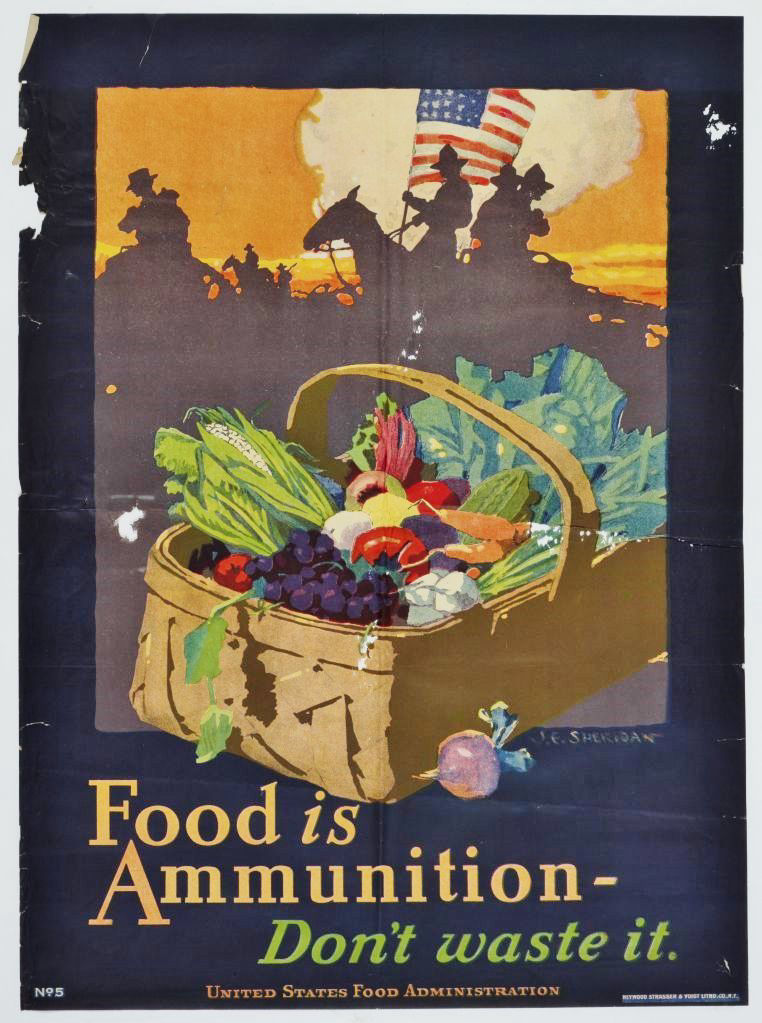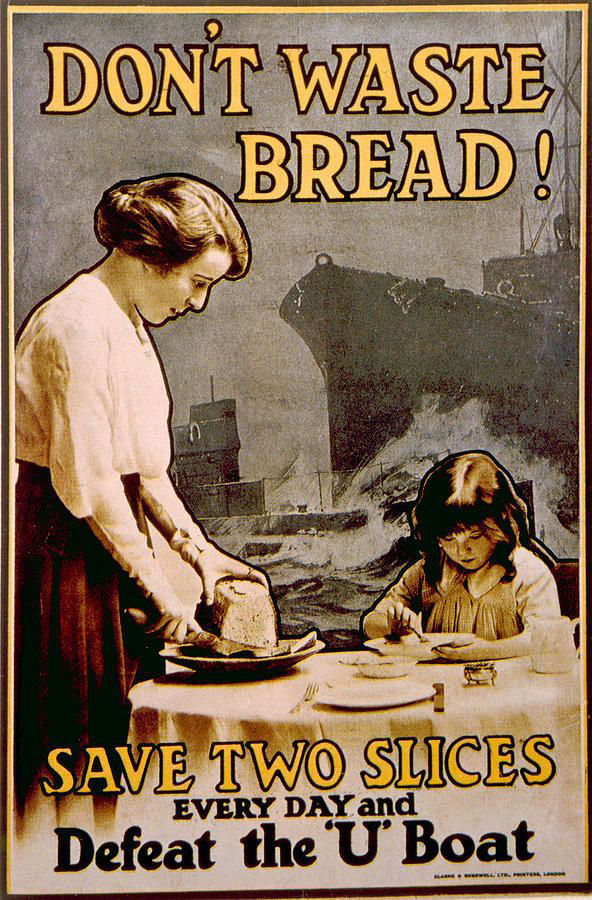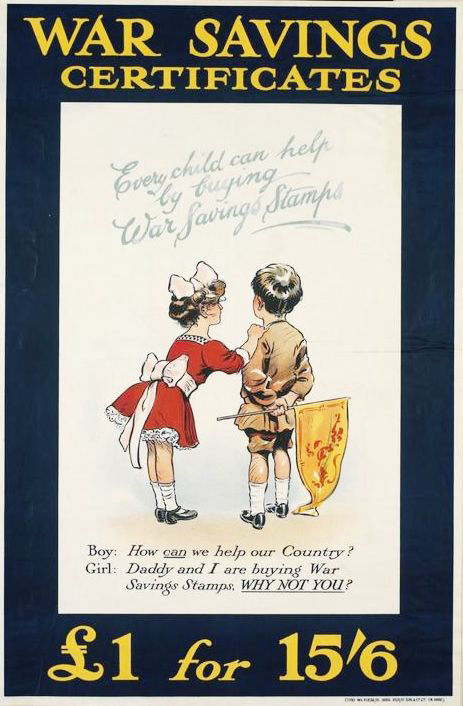The war affected the local communities in a variety of ways, and some with quite distressing results. Here are just a few examples of how the war impacted upon people's lives.
Eviction & family hardship
Some families found themselves faced with eviction when they couldn't pay their rent. In February 1915 a home owner brought an eviction order against her tenant in Tamworth Road, Kingsbury for not paying his rent regularly. His wife explained that one of their sons had gone to the war, and there had been illness in the family, but the rent had been paid until the serving of the notice to quit. She also claimed that their son did not give her any money from his army pay. Unfortunately for this family the eviction order was granted and they were made homeless.
The effects on family life, with the husband at war, often affected the children. Such was the case in 1916 of 13 year-old Ivy from Piccadilly whose mother was summoned for neglecting to send her daughter to school regularly. Her husband was serving with the Forces in France where he had been for two years and the family allowance was not sufficient to support them. She received 27 shillings a week from the army and 7 shillings from Kingsbury Colliery. To supplement the income, Ivy's mother worked on munitions, leaving her daughter to look after the house and her five other children. If Ivy went to school, her mother said she would have to give up work and lose pay. It was noted by the attendance officer that Ivy was managing the home and children remarkably well so he needed more time to present his case. What the outcome was we do not know but it highlights the plight of many families in a similar position as the struggled to make ends meet.
Education
The war made an impact upon Kingsbury School in 1916 when teacher Ernest Hannaford enlisted. He left on February 9th but six days later was back because he had been rejected, probably on health grounds. By 1918 the country was desperate for recruits and he was called-up and this time accepted. He served overseas as a gunner in the Royal Garrison Artillery, survived the war and returned to teaching.
In April 1918 teacher, George Farmer returned to school after being wounded and held prisoner in a German P.O.W. camp. He was born in Australia but lived in Tamworth with his parents. He served as a private in the Royal Warwickshire Reserves and was sent to France in February 1916. His return to the school must have been very welcome and he became the deputy headmaster.
Coal production
At Kingsbury Colliery so many young men had gone to fight, that by 1916 the reduced workforce was having a serious effect on production. With no fewer than nineteen different qualities of coal produced at the colliery, Mr. Tate the manager said that the shortage of labour meant employing 'old men of 70 and upwards'. Absenteeism was also a problem involving 7½ per cent of the workforce so an 'Absentee Committee', was formed to induce men back to work. Many miners were so wrapped up in their own personal interests that absenting themselves from work was deemed injurious to the industry. It was viewed as a sad reflection on the patriotism of some men that absenteeism had been responsible for the loss in output of 58,393 tons during the past year with an average of just over 1,000 tons a week lost. The fall in coal production hindered the production of ammunition which was vital for the safety of soldiers and the successful outcome of the war.
Exemption from trade
Many men felt unable to fight due to medical issues, family dependency or the need to preserve a business so they took their cases before a local tribunal to get exemption. In 1917 two such cases were reported.
In January, James Brown, a married father of six children and a milk salesman, coal carter and brake proprietor, also worked at Kingsbury Colliery as a loader. This enabled him to keep his business together so he sought exemption from enlistment and was allowed one month with a medical examination. His exemptions were continued until the June when his work at the colliery and two businesses was called into question and he had to fight hard to save them. He was asked if it was absolutely necessary for him to keep the carting business and he replied that if he gave it up someone else would take this very lucrative job and he'd lose it. It was also felt that as an older man, he was 'doing his bit' down the pit and that it was the younger ones who should 'come out'. The decision was made that providing he continued to work at the colliery, he could retain his milk round and be exempt from service but he would have to give up carting coal. This was challenged and as a result he was allowed to keep his coal carting business providing he sent a signed record of his attendance at the pit to the Military Representative every three months.
In the May, Mr Robinson a carrier from Kingsbury had been granted exemption which was subsequently overturned following an appeal from the Military Representative. Warwickshire War Agricultural Committee intervened when locals objected strongly saying that Mr Robinson ought never to have been 'taken', as he was one of the most indispensable people in the district and should therefore be returned to civil occupation. What the outcome was is not recorded but he was certainly working as a haulier after the war.
Pub closing times
Finally, for those locals who enjoyed a tipple or two, it was reported in January 1915 that the pubs in Kingsbury, being in a military area, were to be closed at 10pm on week days and only open between 7pm and 9pm on Sundays!



